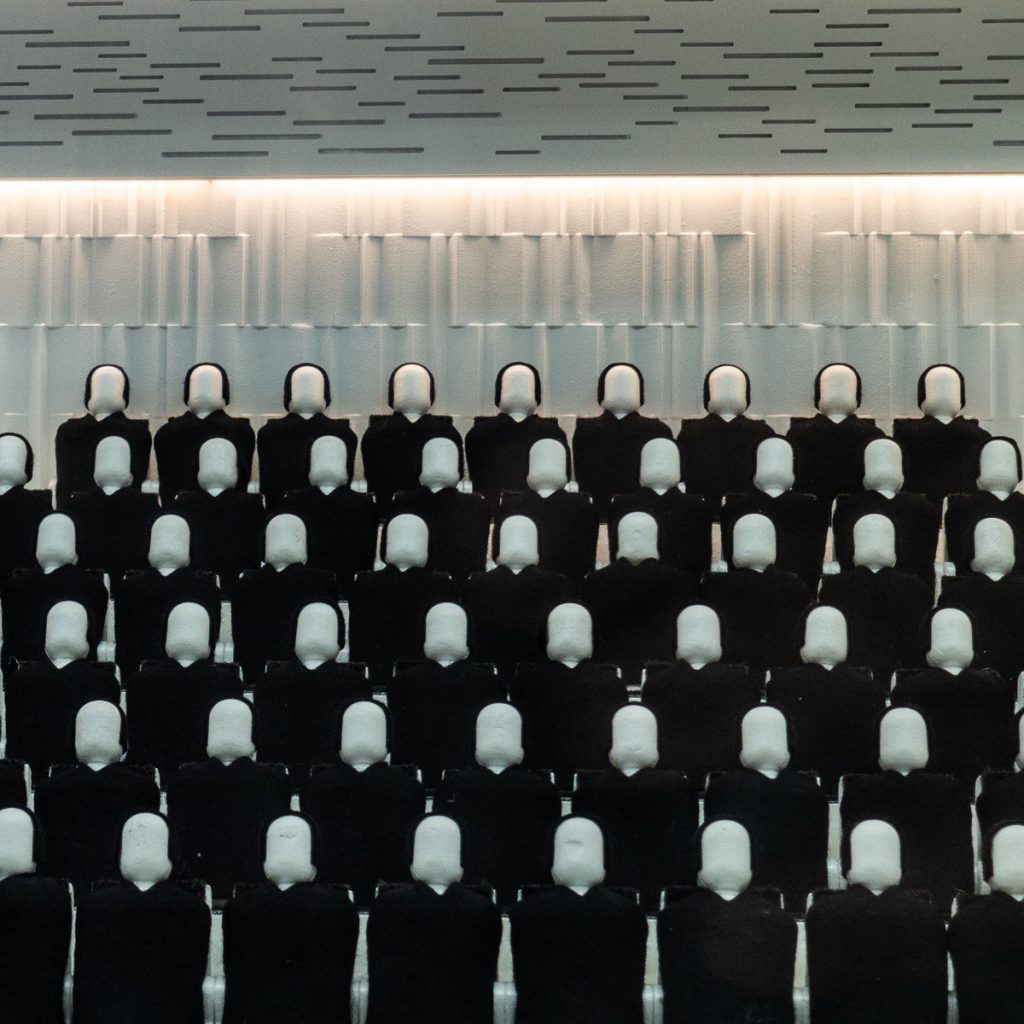
Networking is integral to my work as an academic. In order to make a contribution to knowledge, that is recognised by peers and has wider impact, you have to be part of an number of communities, and these are likely to be international. Conferences, journals, books, professional associations, research networks, special interest groups, online fora etc all play a part in sustaining and enlarging these networks, as does teaching and public service/engagement. I’m at a very early stage in my photographic development, so I am careful not to over-promote what I do, and to make sure I have space for experimentation and change. My photographic networking efforts are thus, for the moment, modest, and related to my project. I don’t have a sufficiently strong identity as a photographer to be more ambitious at the moment, though I am very appreciative of being able to learn from the things that others on the course are doing. My networking activities this week have been:
- to meet with the student volunteering co-ordinator to arrange to support, make images and run workshops for student photographers who are documenting work being done by volunteers with community groups.
- planning a workshop on the use of photography in research, development and dissemination for masters students with the Development Planning Unit at UCL Bartlett. I’ll run the workshop next week and then visit students during their fieldwork with community groups.
- to meet with a former PhD student who is a social documentary photographer to discuss each others work. This is going to be a regular event, and we might do some collaborative work together.
My academic networks have also generated some photographic work. I have been asked by a publisher to produce a cover for one of my forthcoming books, and submit images for other books in the series. I have also been asked to produce images for the website of a research centre and to act as a mentor for two projects that are using the photovoice approach (one on domestic violence and the other on youth offenders in rural areas). I have also spoken to two research groups about including image-making in their work, one investigating teachers lives and careers, and the other looking at the experiences of care leavers entering higher education – both of these could lead to interesting projects. So there is a lot to be said for linking our different networks together and seeking synergies between them.
